With spring calving just around the corner, some planning and organisation can make things a lot easier.
Calf scour can cause a lot of stress to both man and beast at calving.
Where there has been a history of calf scour on the farm, it may be worth considering using a scour vaccine.
Cost should also be taken into account, as these vaccines can often cost close to €10 to €12 per dose.
The timing of administration will depend on which product you use.
Products
There are three products on the market. Rotavac Corona is a one-shot vaccine that should be administered from 12 to three weeks pre-calving. January calving cows can get the vaccine from now on.
There was an error in this week’s Dairy Day supplement in the Irish Farmers Journal on the Rotavec Corona vaccination timing.
Bovigen is also a one-shot vaccine and there is also Trivacton 6. In year one, Trivacton 6 requires a primary shot followed by a booster shot.
The primary should be administered six weeks pre-calving, with the booster administered four weeks after the primary shot.
In subsequent years, these cows will only require a booster shot two to six weeks pre-calving.
Follow guidelines
It is important to follow the administration guidelines accurately. Vaccinating the cow prior to calving will allow her to produce antibodies against the main scour-causing bacteria and viruses.
As these antibodies do not pass from the cow to the calf prior to birth, the vaccine will be wasted if the calf does not acquire colostrum from its mother after birth.
Ideally, the calf should get about three litres of colostrum within two hours of birth.
As the effectiveness of the vaccine will depend on the passive transfer of antibodies from the mother, it’s important that this is followed through on.
Unfortunately, there is no vaccine available for cryptosporidium and clean calving pens and adequate colostrum are absolutely essential for preventing this disease taking over at calving time.



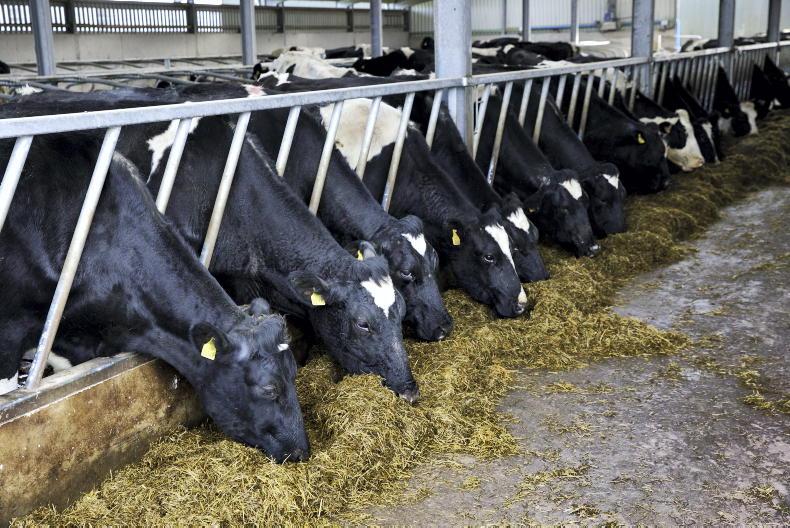

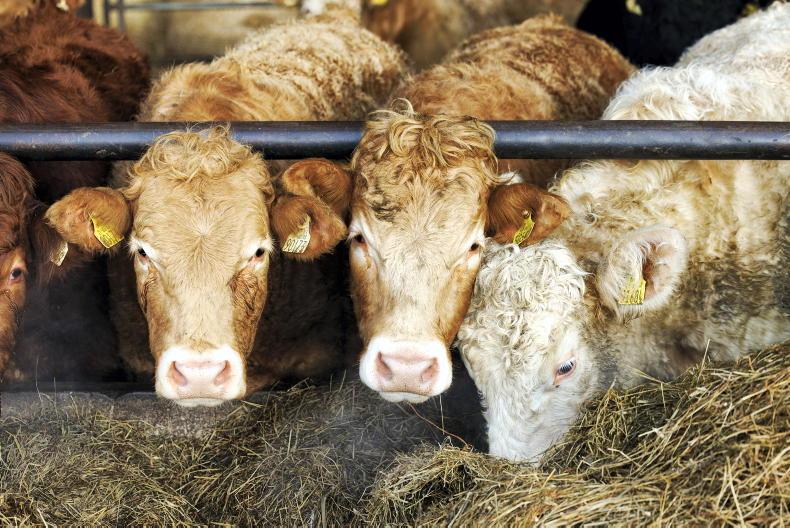

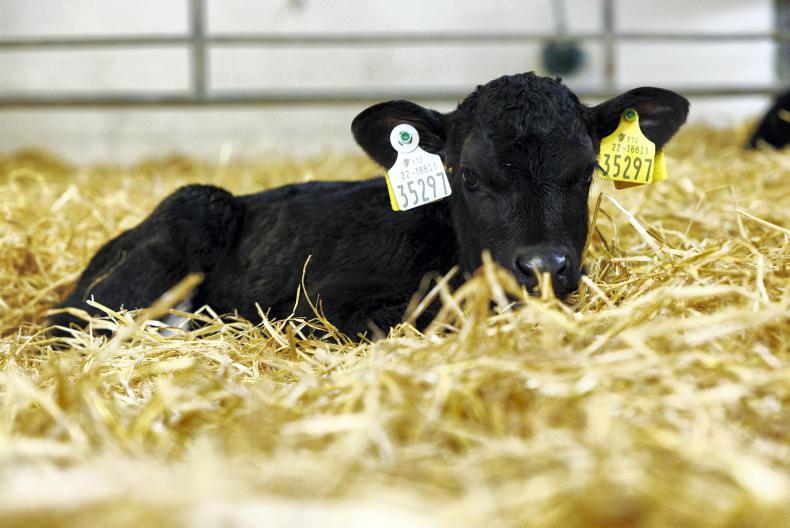
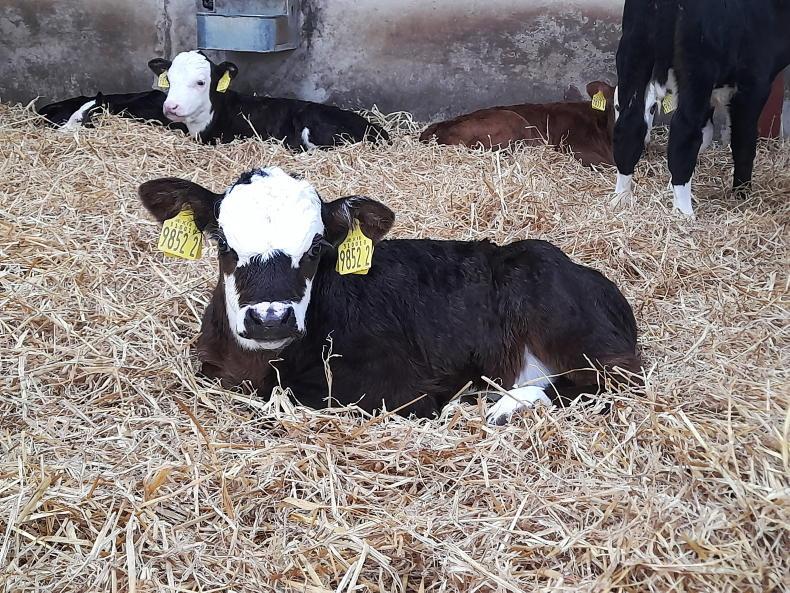
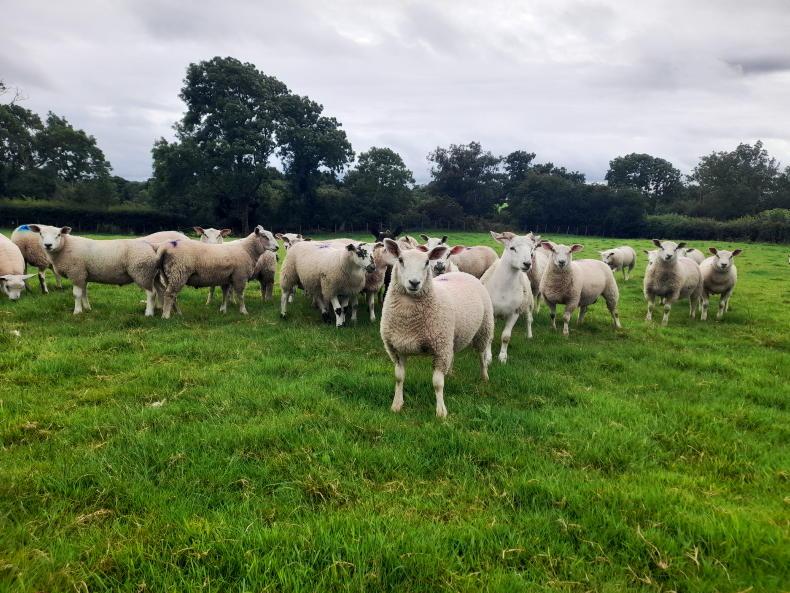
SHARING OPTIONS